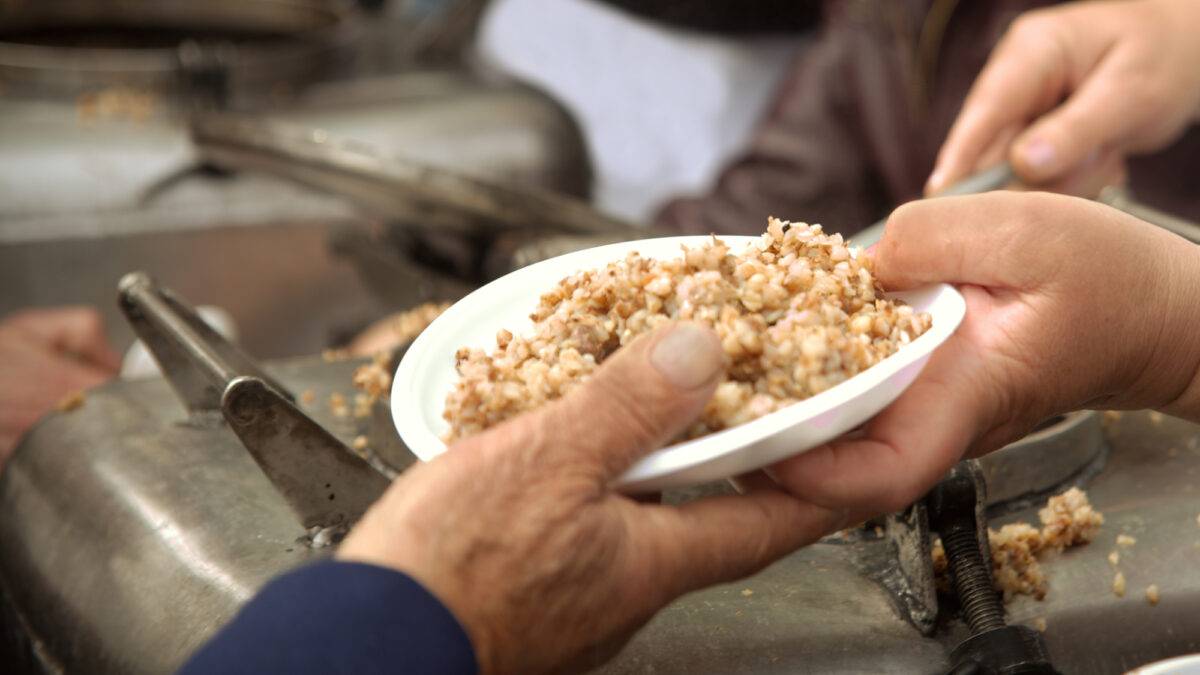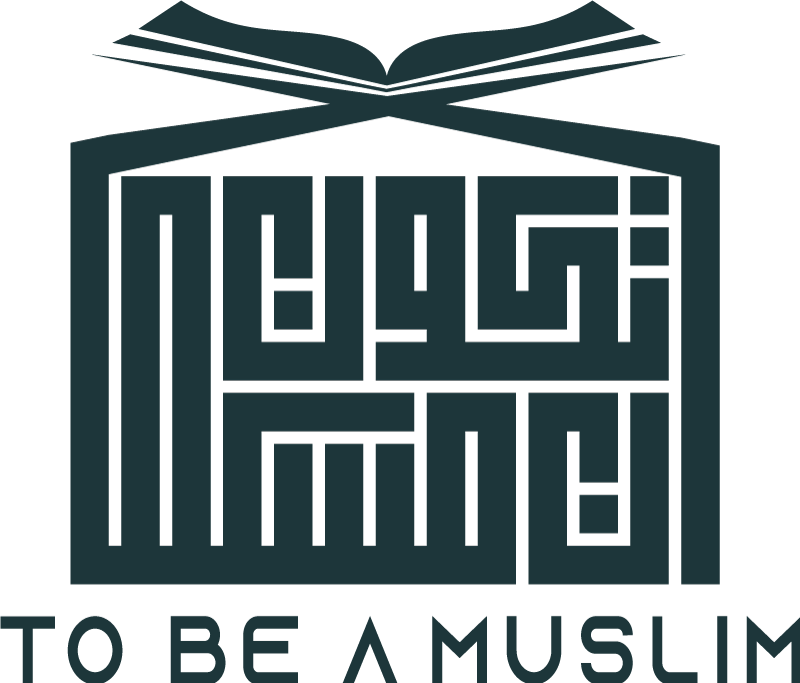There are several types of charity in Islam. The most important are obligatory giving, or zakat, and voluntary giving, or sadaqa.
You will never attain piety until you spend out of what you hold dear, and whatever you may spend on anything, Allah indeed knows it. –Quran 3:92
The example of those who spend their wealth in the way of Allah is like a seed of grain which grows seven spikes, in each spike is a hundred grains. And Allah multiplies the reward for whoever He wills, for Allah is all-Encompassing and knowing. –Quran 2:261
Charity or alms, also called Zakat or Sadaka in Arabic, is the third of the five Pillars of Islam and thus, a fundamental teaching of the Islamic faith. Being charitable and taking care of the weak and poor are essential aspects of the Muslim character. Charity is so important that it comes only after the declaration of faith (shahada) and prayer (salat).
The two other pillars are fasting during the month of Ramadan and the pilgrimage to Mecca (hajj) for every Muslim whose health and finances permit it. Charitable giving is one of the most important responsibilities in Islam because it impacts the welfare of the individual and society as a whole. It is considered the noblest way of spending wealth.
Charity is connected to generosity, a virtue that, not surprisingly, is central in Islam.
Charity is connected to generosity, a virtue that, not surprisingly, is central in Islam. It is considered a quality of the soul which Allah gives to those He loves, those who are not attached to material wealth and instead use what they are given to please God and, thereby, make the world a better place. That is, it is not the generous person herself who possesses the attribute of generosity, but Allah who, because of His love for that person, causes her to be generous. This distinction is essential to understanding Islam as a whole.
Muslims believe that everything we are given is bestowed upon us by Allah and therefore, nothing, not even our bodies, belong to us, but to God. We are merely trustees of these bounties and we are to use them in the best of ways, as God wills, to uplift the rest of His creation. It is the same with wealth. Wealth does not belong to us, but to Allah.
It is given to us to administer according to God’s mandates: “Believe in Allah and His Messenger; and spend on others out of that of which He has made you trustees: for, those of you who have attained to faith and who spend freely in God’s cause shall have a great reward” (Qur’ān 57:7).
“. . .those of you who have attained to faith and who spend freely in God’s cause shall have a great reward” (Qur’ān 57:7).
Prophet Muhammad (PBUH), who is known as “Habib Allah,” or the beloved of God, is a perfect example of generosity. He was sent to this world to elevate morality and perfect human values and ethics. He was known to have an excellent character and to be an extremely generous man, even towards his enemies. Generosity is defined as giving freely, without expecting anything in return.
The Prophet used to give in such a beautiful manner that he made those who took something from him feel they were the ones doing the Prophet a favor, and not the other way around. He felt uncomfortable keeping money or food in his house at the end of each day without having distributed them to those in need.
Just as generosity is extolled as a virtue to be cultivated, greed and hoarding are discouraged and abhorred.
Just as generosity is extolled as a virtue to be cultivated, greed and hoarding are discouraged and abhorred. Most of what is prohibited in Islam is forbidden because it is considered a source of systemic and universal, and not just immediate, harm. There is hardly a more pertinent illustration of this principle than the injunction against hoarding and the gravity of greed as a sin.
Greed is a serious form of trespass against one’s own soul and against the community and creation at large, including nature. It is a form of spiritual disease and destructive enough to merit hell.[1] This is in part because hoarding is in a sense a usurpation of God’s role as the true Owner of all wealth and a breach of God’s trust.
The Prophet was generous in every way, not just with his wealth, but also with his time and kindness, for generosity is not limited to material things. Even a smile is a charitable act.
“Your smiling in the face of your brother is charity, commanding good and forbidding evil is charity, your giving directions to a man lost in the land is charity for you. Your seeing for a man with bad sight is a charity for you, your removal of a rock, a thorn or a bone from the road is charity for you. Your pouring what remains from your bucket into the bucket of your brother is charity for you” (Hadith of Prophet Muhammad).
There are several types of charity in Islam. The most important are obligatory giving, or zakat, and voluntary giving, or sadaqa.
There are several types of charity in Islam. The most important are the obligatory charitable giving, or zakat, and the voluntary giving, or sadaqa.
Zakat means purification, growth, and blessing. In practical terms, Zakat is set at a specific percentage (2.5 percent exactly) of one’s wealth calculated on a yearly basis that must be given to those in need. Zakat is a form of taxation that one gives back as a way to purify and be thankful for one’s wealth.
Sadaqa comes from the Arabic word sadq, which means truth. All righteous actions are considered sadaqa. This type of voluntary charity can be given to anybody, and it includes time, advice, kindness, a smile, volunteering, helping somebody with their chores, removing an obstacle from the road, etc.
Charitable giving keeps calamity away and ensures our needs will always be met: “Those who spend in charity will be richly rewarded” (Quran 57:10). Indeed, wealth does not decrease by giving in charity, but rather, grows and is purified, increasing also the individual’s barakah (blessings and spiritual strength).
It is not seen as a great act of piety to feed and give charity to the poor; it is rather the obligation of those who were given plenty.
Charity is mentioned in the Quran at least 19 times stressing its importance in Islam. In fact, premodern Muslim societies were built on charity. Those who were poor were taken care of because it was considered the responsibility of each community to protect its weak, orphaned, and destitute. Because wealth belongs to God, the poor have an indisputable right upon it. It is not seen as a great act of piety to feed and give charity to the poor; it is rather the obligation of those who were given plenty.
For this reason, the poor have rights over the wealth of the rich even as the rich bear a larger burden that comes with their abundance: that of managing their wealth properly while avoiding the temptations associated with it. Similarly, those who are given a talent, such as an exceptional intellect, are responsible (i.e., carry the burden) to use it according to God’s way and avoid using it to oppress and exploit others to benefit themselves. From a higher Islamic perspective, every human being is responsible for channeling all he or she is given in this ethical fashion and following not their own wishes, but God’s Will.
It follows then that in Islamic jurisprudence, human ownership “is empowerment by agency and is constrained by the terms of good conduct expected of humans dispensing of God’s wealth.”[2]
The duty to be charitable includes financially caring for the poor and the community, but also one’s own family.
The duty to be charitable includes financially caring for the poor and the community, but also one’s own family. These are considered part of the “Rights of God.” Thus, human agency regarding how to dispose of financial resources is limited by the requirement that “part of God’s wealth remains with Him so that He can ensure that the prosperous give to those who are not.”[3]
The very concept of property and ownership is turned on its head in Islam. We are born and die stark naked. Nothing material is intrinsic to who we are, the body is but stardust. As spiritual vessels first and foremost, we roam the earth temporarily to fulfill and advance God’s greater design. “Verily we belong to God, and to Him do we return” (Quran 2:156). Hence, it is not a great favor to give to others that which does not belong to us to begin with.
We are merely “distributors” of God’s wealth. Therefore, when we give in charity, we are essentially sharing Allah’s blessings with His creatures. Because we don’t own anything, we don’t lose anything by giving it. Instead, we only gain rewards from Allah. Clearly, charity in Islam is a whole worldview and way of life.
Charity must be given for the sake of Allah, and in secret, not for worldly gains, prestige, or growing an altruistic reputation.
Finally, and most importantly, charity must be given for the sake of Allah, and in secret, not for worldly gains, prestige, or growing a reputation of being altruistic. This would detract from the giving and deprive it of the blessings associated with it. The edict of secrecy and discretion is meant to prevent boastfulness and protect the dignity and honor of the person receiving the charity, which is, in and of itself, yet another act of sadaqa.
Charity should be given to attain God’s pleasure and forgiveness, not to gain anything from other human beings. However, Islam is above all a religion of moderation and fairness, a faith of the “middle way,” which means, we should not give so much in charity that we become needy ourselves. Reverence and kindness toward oneself are not only imperative but indeed essential.
~~~
[1] “The obsession for more and more diverts you until you go to your graves. But you will soon know, and again, you will soon get to know. If you but knew it with certain knowledge you would be seeing a blaze. Surely you will then see it with certainty of sight. Then on that day you will be questioned about your indulgences.” Qur’ān 102.
[2] Hallaq, Wael. Sharī’a. New York: Cambridge University Press, 2009, 296.
[3] Ibid, 297.
Source: https://insidearabia.com/charity-the-third-pillar-of-islam-is-at-the-heart-of-the-islamic-faith/



